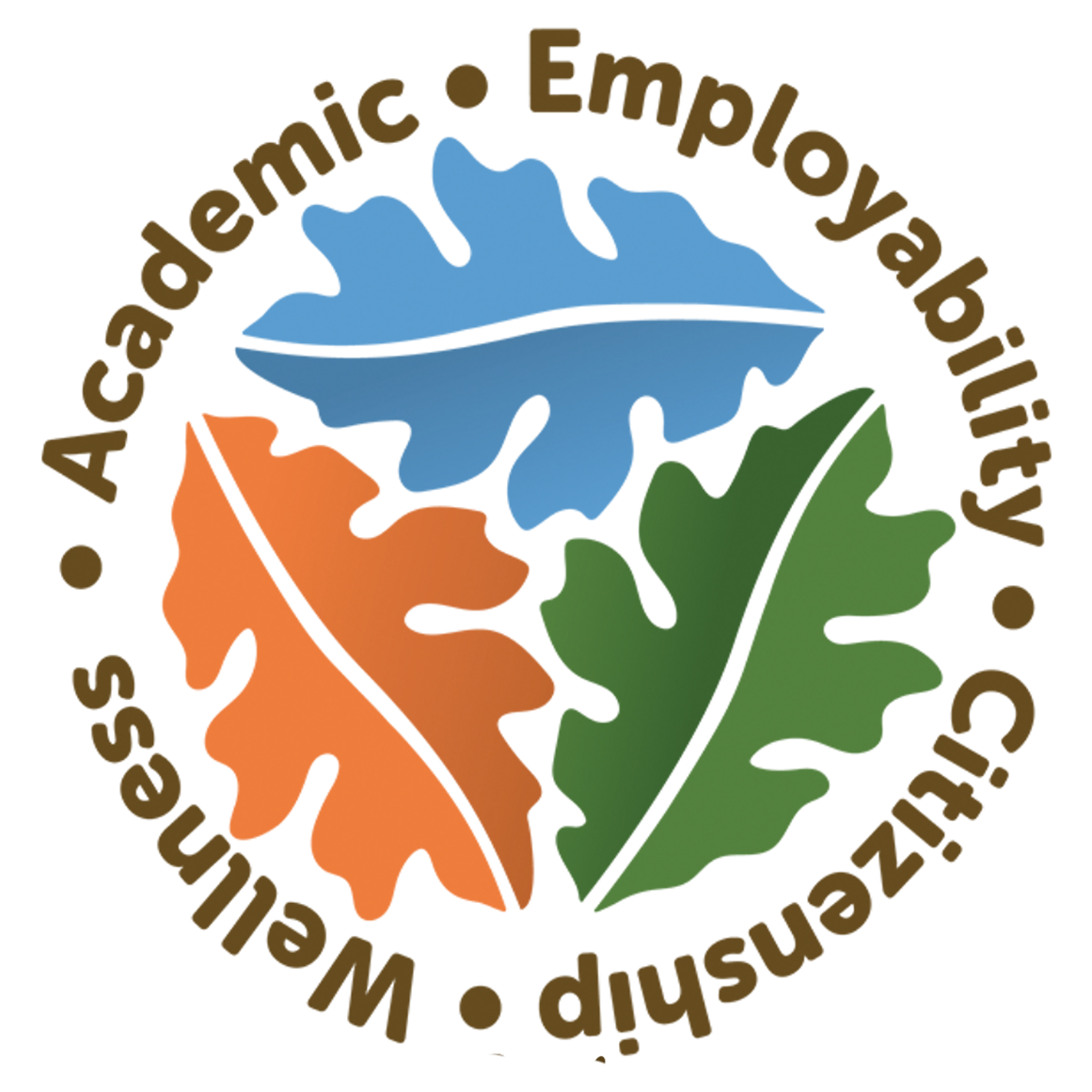Citizenship Dimension
Learning at Norris is viewed in four dimensions; Academic, Employability, Citizenship, and Wellness. Together these dimensions provide the breadth of knowledge, skills, and learner practice that allow for a personalized experiences that reflects each learner's interests and dimension of urgency.
The CITIZENSHIP dimension highlights the competencies essential for learners to understand the needs and become advocates for oneself, local, and global communities. Citizenship competencies promote the active and relevant engagement of learners with the world around them.
Learning Specialists confer with each learner to co-design plans (long and short-term goals) and pathways that reflect each learners dimension of urgency. The pathways include learning experiences that contribute to the learner reaching his/her plan. Learning experiences are often multi-dimensional, addressing competencies from multiple areas.
Learning experiences for each learner are unique and refelcted on the learners daily agenda. Examples of learning experiences that fall primarily withinthe CITIZENSHIP Dimension include:
Cirles
Circles are used for discussion, problem solving and/or decision making. Learners may participate in community circles, norm circles and restorative circles. Community circles happen daily and are used to keep learners connected, discuss upcoming events, current events and community happenings. Norm circles are held within a community for the group to develop, discuss and/or reinforce the norms the community agree to abide by for successful learning engagement. A norm circle may be held to celebrate and acknowledge learning engagment or to address a pattern or trend within the community. Restorative Circles provide a tool for learners to maintain their learning network by building community and repairing ruptured relationships when norms have not been upheld. Through this process learners can advocate for their needs in a healthy way.
Advisory
Advisory takes place every week while learners are enrolled in the orientation process we call Connections. After learners complete orientation, the meet in Advisory bi-weekly, monthly, or on a trimester basis, depending on their demonstrated level of need for support. During Advisory learners discuss their credit status relative to graduation, they prioritize courses and coursework to plan the optimal pathway forward, they identify barriers to success, they set short term goals to get to the next best place along their pathway to graduation and to overcome personal barriers, and they identify areas where they need assistance in order to advocate with their support network.
Week of Service
Week of service provides learners with the opportunity to volunteer their time, energy, and talents to service a community project or organization. These opportunities occur throughout the year and are a change for learners to engage in experiences to learn how to solve problems, make decisons, and communicate effectively. Communities each host a week of service and then invite others to collectively serve through volunteering. Learners involved in planning, typically have the opportunity for competency attainment, while other volunteers may earn community service hours..
Reflection
Learners are encouraged to schedule time daily to reflect on learning. This includes reflection periods before, during and after learning. Before, learners should establish agendas and reflect on their Zone of Readiness to learn. During and after these experiences learners reflect on progress, advocate for needs and update profiles with learning evidence and reflections.
